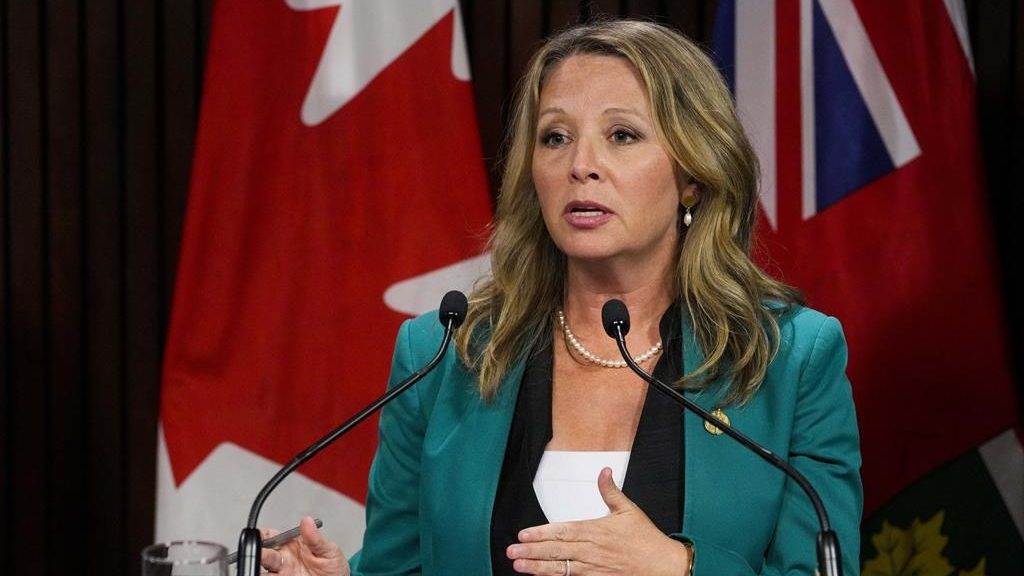Ontario retailers brace for holiday rush with staff shortages top of mind
Posted Nov 22, 2022 02:54:30 PM.
This upcoming Black Friday will mark the first holiday shopping season without pandemic restrictions since 2019, but it could be challenging for Ontario retailers and shoppers.
Retailers are concerned with inflation and how it could impact holiday sales, the most vital revenue generator of the year. Now, they have worries that staff shortages will hamper their ability to serve customers and make those sales.
The Ontario Chamber of Commerce (OCC) says right now, the pandemic has left roughly 400,000 jobs unfilled in the province, with many in the retail and service industries. There are also concerns that illness and holidays could leave staff schedules slim.
Last week, OCC president and CEO Rocco Rossi called on the federal and provincial governments to achieve a new immigration deal that would be able to “realistically support the economic growth and the social fabric of our province.”
“Provincial governments are uniquely positioned to best understand their respective labour market needs,” Rossi said.
“We would also like to see expanded work permit and post-graduate work permit eligibility so that we can retain more international healthcare workers and tradespeople, a long-term commitment to newcomer training, and urgent action to reduce the immigration backlog, particularly for incoming and graduating international students, entrepreneurs and workers looking to make Ontario their home.”
Job vacancies spike in Ontario
During the COVID-19 pandemic, restrictions and lockdowns sent many retail workers seeking other jobs, and many have not returned to the sector.
Recent Statistics Canada figures reveal the number of job vacancies in Ontario jumped almost 46.4 per cent from 264,530 during the second quarter of last year to 387,235 for the same period this year.
Statistics Canada says retail sales fell 0.5 per cent to $61.1 billion in September, led by a drop in sales at gas stations along with food and beverage stores. However, the agency says its initial estimate for October pointed to a gain of 1.5 per cent for the month, though it cautioned the figure would be revised.
Core retail sales — which exclude sales at gasoline stations and motor vehicle and parts dealers – fell 0.4 per cent in September. In volume terms, retail sales fell 0.1 per cent in September.
The labour shortage also seems to be worsening, specifically affecting Ontario, with job vacancies rising almost 15 per cent from the first to the second quarter of this year.
Rossi said that while boosting immigration alone is not “a silver bullet solution” to these labour shortages, it is a critical part of the equation.
“Newcomers bring diverse thought and innovation critical to Ontario’s competitive advantage,” Rossi added. “We encourage the two levels of government to reach an agreement that will support the province’s prosperity and growth for years to come.”
In its 2022 budget submission, Rossi and the OCC urged the provincial government to focus on economic recovery, noting how the pandemic has “exacerbated persistent challenges that threaten businesses and economic prosperity, including labour shortages, inflation, and constrained supply chains.”
The government is projecting a $12.9-billion deficit in 2022-23, nearly $7 billion lower than the outlook published in the 2022 budget.
— With files from The Canadian Press










